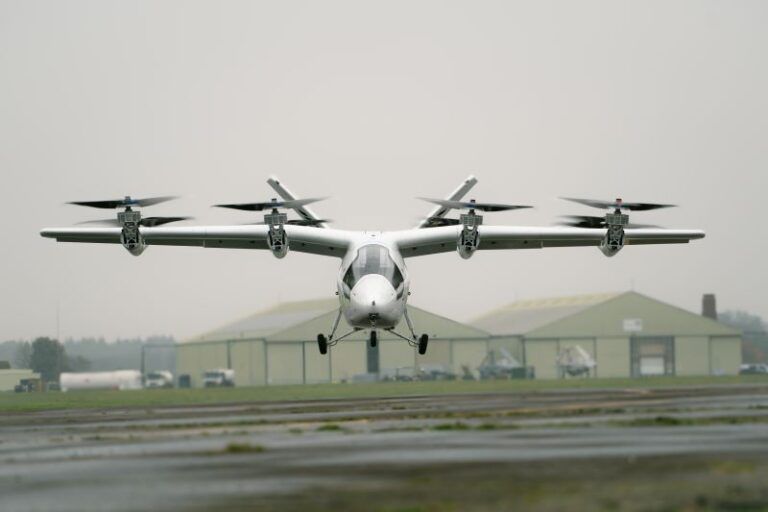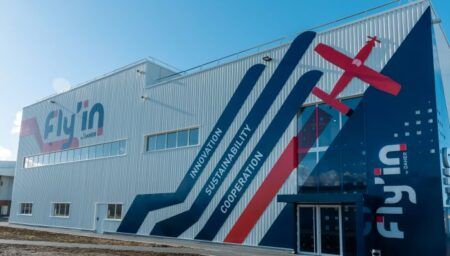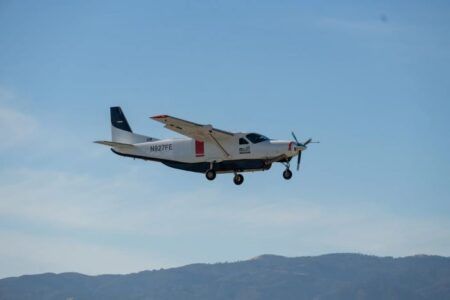Honeywell is partnering with chip manufacturer NXP Semiconductors to upgrade its avionics for AI and autonomous aerospace applications, including in its Anthem avionics suite.
As part of the agreement, the companies are to work on large-area displays for next-generation cockpits with thinner, high-resolution screens designed to improve visual clarity and system efficiency.
Additionally, they will explore how to simplify and streamline migrations to newer avionic technologies, as well as extend critical aviation technologies’ lifecycles, helping to deliver long-term value for aircraft manufacturers and operators.
NXP’s computing architecture will help improve operational efficiency for planning and managing flights and support faster transitions to new chipsets and technologies.
Vimal Kapur, chairman and CEO of Honeywell said, “Our industrial domain expertise combined with NXP’s technology is a powerful accelerator for industrial leaders on the path to autonomy.
“Working together, we are developing differentiated solutions and services that shape the future of automation, driving significant customer outcomes and fueling Honeywell’s growth.”
NXP’s computing architecture uses technology developed for the automotive industry. It is being adapted for aviation applications on Honeywell Anthem.
The arrangement is a continuation of a relationship which has seen NXP processers embedded in Honeywell’s building management, fire safety and security products that was announced last year. Looking ahead, the companies are expanding this work to include AI and machine learning in building controllers.
For aerospace Honeywell will leverage a variety of NXP processors, including the i.MX 8 applications processors currently leveraged in Honeywell’s Advanced Control for Buildings platform and S32N super-integration processors, providing a range of high-performance, intelligent solutions that can be adapted for the needs of various aircraft.
NXP’s processors will deliver faster data processing for AI-driven insights to enhance safety and optimize performance both in the air and on the ground.
Kurt Sievers, president and CEO, NXP Semiconductors said, “Bringing avionics closer to autonomous flight requires a combination of high-performance processing and AI, advanced connectivity and security, and functional safety.
“NXP’s broad portfolio and systems solutions approach makes us a natural partner for Honeywell on the journey towards creating innovative, intelligent and autonomous avionics that can sense, think and act.”
One of the early adopters in this collaboration is eVTOL developer Vertical Aerospace. The Bristol, UK-based company is testing its piloted VX4 prototype aircraft which uses Honeywell Anthem.
Stuart Simpson, CEO of Vertical Aerospace said, “Honeywell Anthem has already proven to be a highly capable platform, and we’re excited to explore how its capabilities can be further enhanced by NXP’s advanced computing to lessen pilot workloads while increasing situational awareness. Together, we see opportunities to make travel quicker, cleaner and safer, supporting our shared vision to transform how the world moves.”





